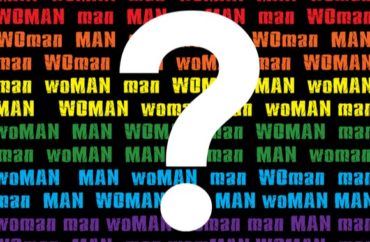
‘We’re not going to allow our fellow humans to be treated like this’
The associate director of Elon University’s Gender and LGBTQIA Center says the International Olympic Committee needs to “preserve” LGBTQ+ athletes’ rights after a pair of boxers who allegedly have XY chromosomes competed as women.
Algeria’s Imane Khelif and Taiwan’s Lin Yu-ting both won gold medals in their respective divisions despite the International Boxing Association claiming the two tested positive for XY — male — chromosomes.
Becca Bishopric Patterson recently told the Elon News Network that “oversight committees really have a huge part to play” in situations like Khelif’s and Yu-ting’s, and that people “need to step up and say, ‘We’re not going to allow our fellow humans to be treated like this.”’
Bishopric Patterson (pictured), who according to her Linkedin page is a “diversity educator and development specialist” who “facilitate[s] growth and engage[s] with others in compassionate action to forge effective and authentic connections vital for equitable and sustainable change,” claims the boxing controversy came from “people not wanting to accept others that are different from them.”
“Gender and sex are more complex than the average person realizes,” Bishopric Patterson said, “and I think we get stuck when people lean into the fear of the unknown and of thinking ‘Oh, well, I’ve never interacted with someone that holds this identity.’”

“It’s all around how our genetic code is expressed in our bodies,” Bishopric Patterson said. “So, anytime that one of those five characteristics differs from our standards of male and female, someone could qualify as intersex if they choose to claim the identity.”
While it remains unknown if Khelif and Yu-ting qualify as “intersex,” Bishopric Patterson said this identity “challenges [people’s] worldview” that there are more than just “men” and “women.”
“[D]iversity is always a strength and hopefully people will be able to see that instead of jumping on bandwagons of hate,” she said.
MORE: Professor: Americans too stupid to have ‘nuanced’ discussions about gender, sex
IMAGES: Nat Ax/Shutterstock; Becca Bishopric Patterson/Linkedin
Like The College Fix on Facebook / Follow us on Twitter





Please join the conversation about our stories on Facebook, Twitter, Instagram, Reddit, MeWe, Rumble, Gab, Minds and Gettr.